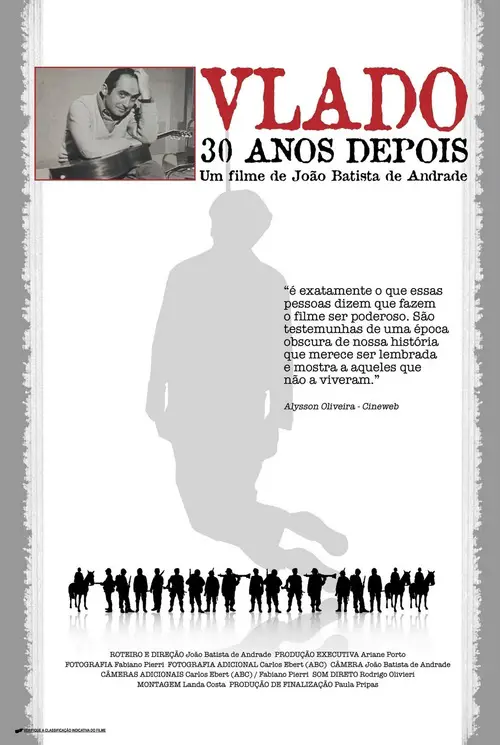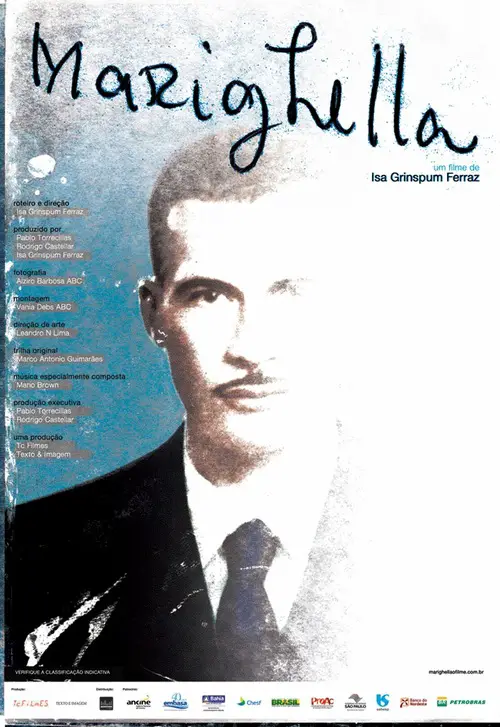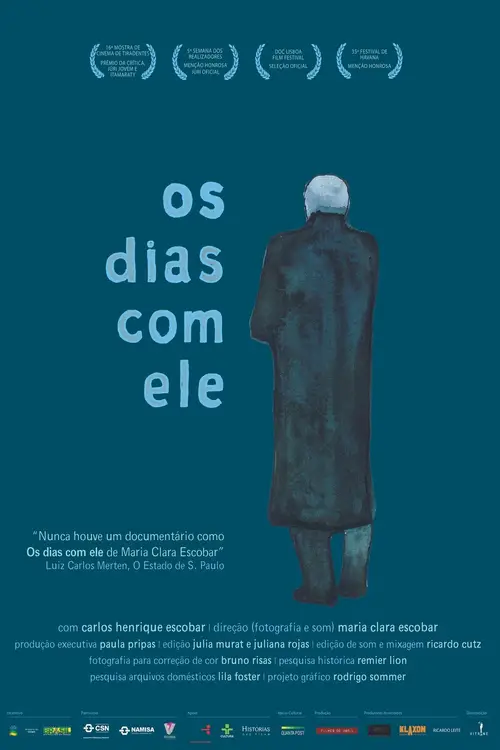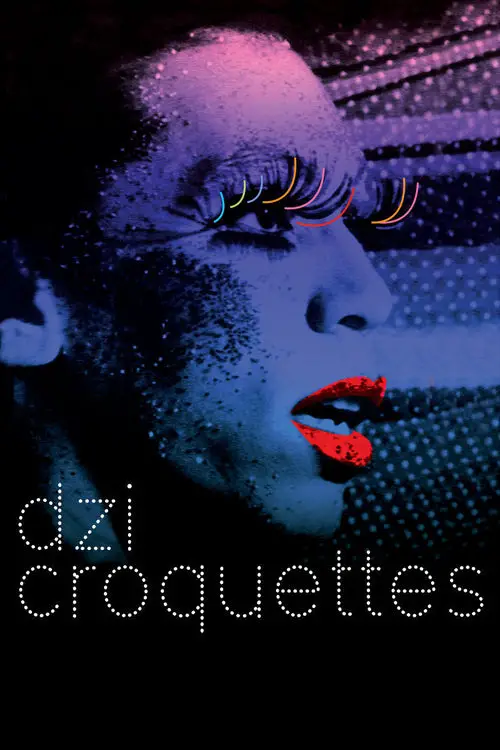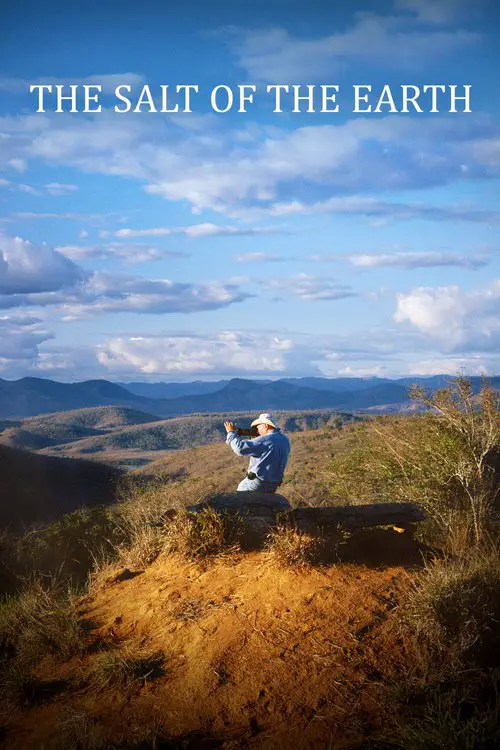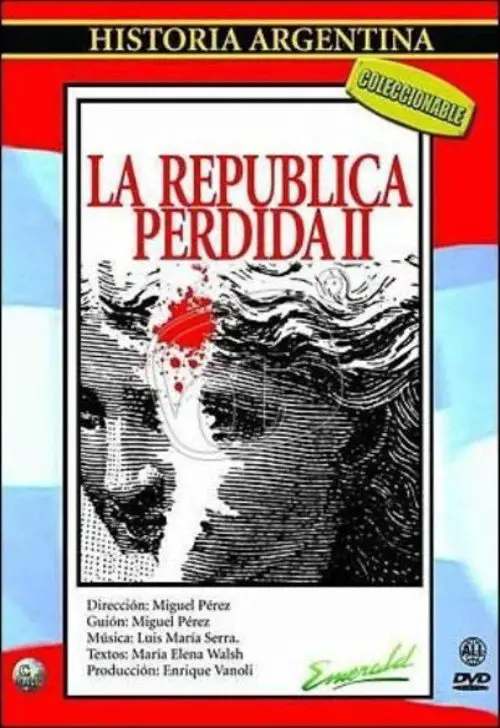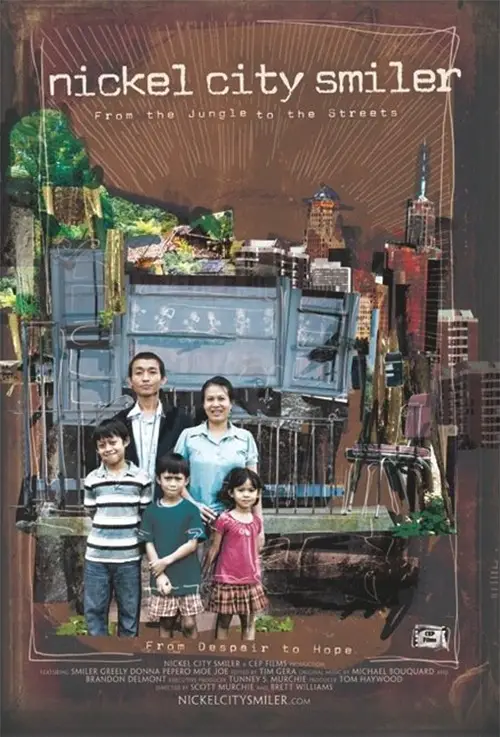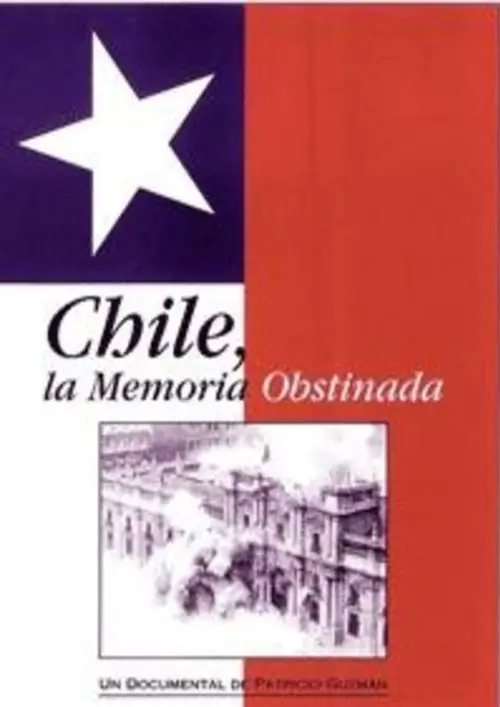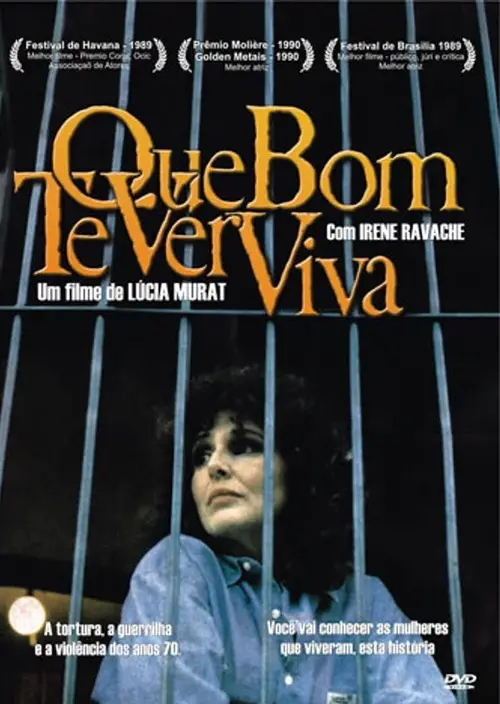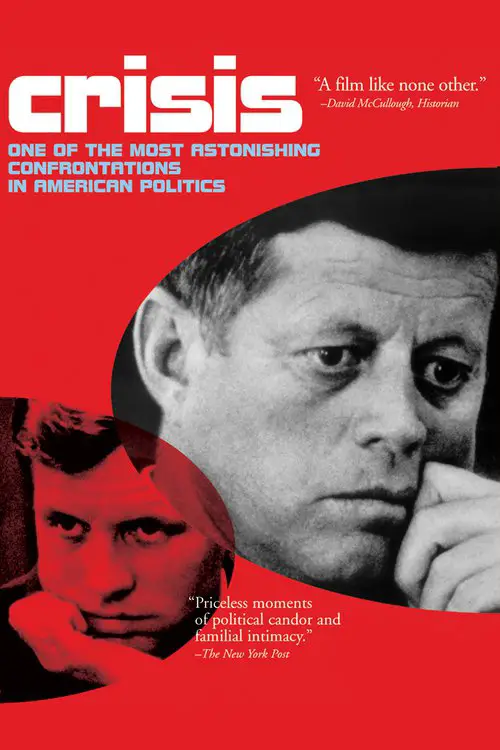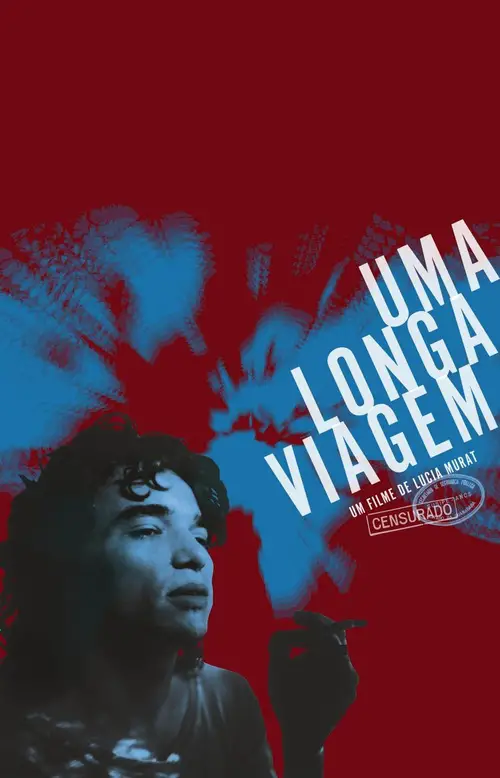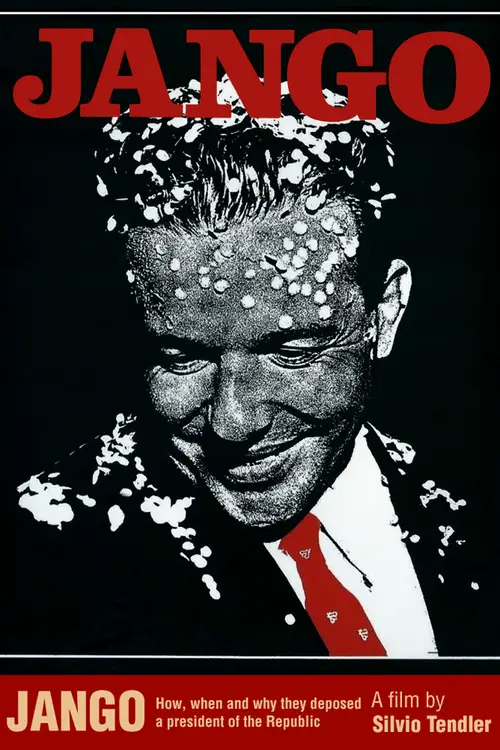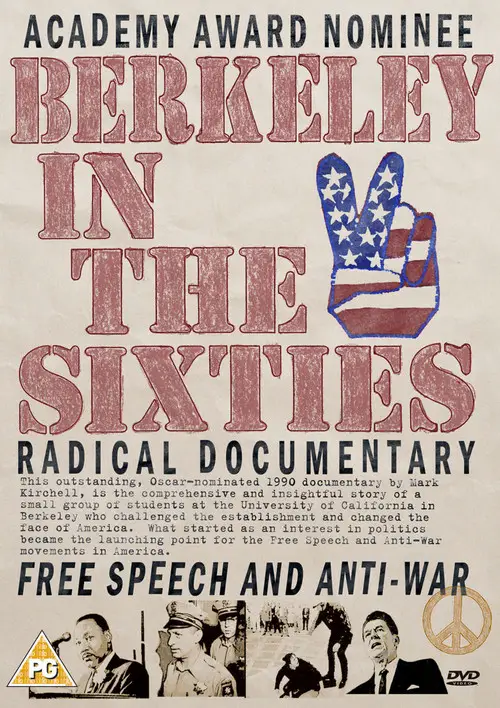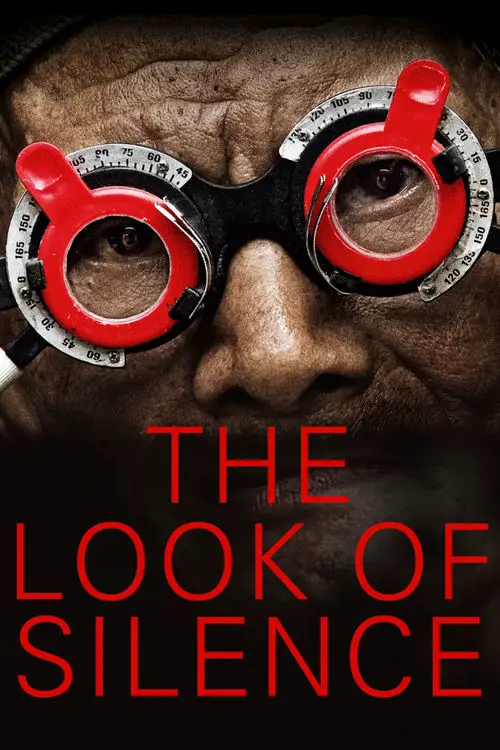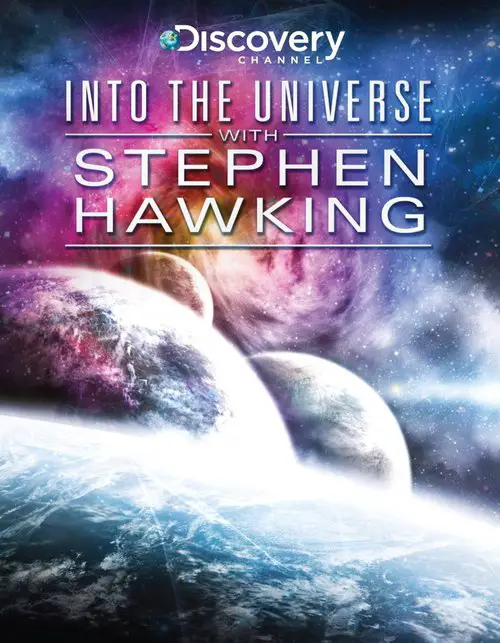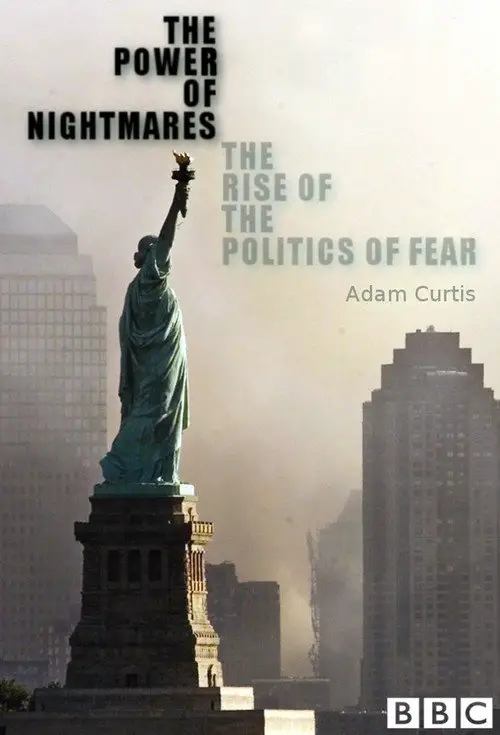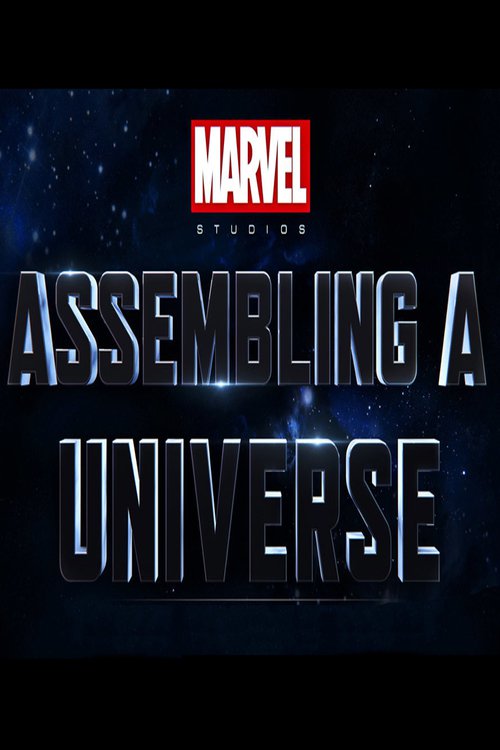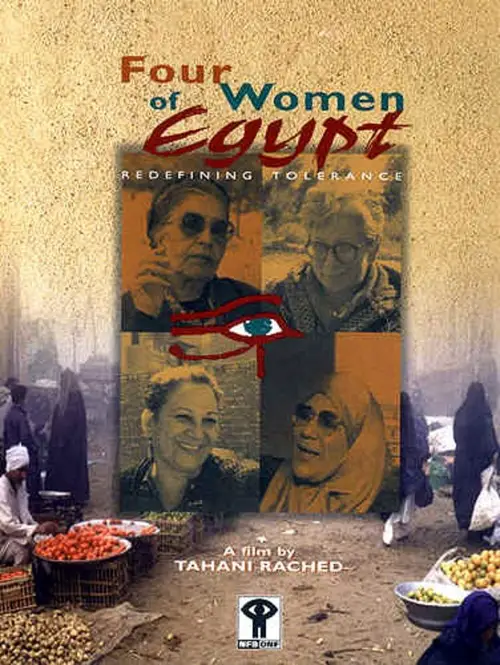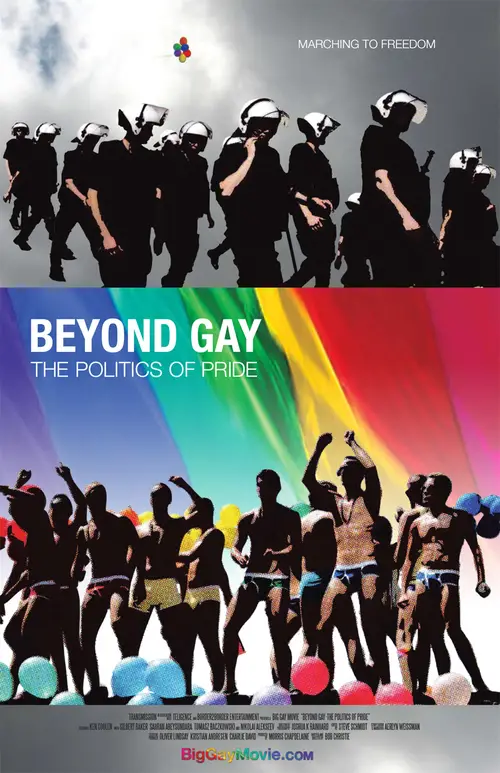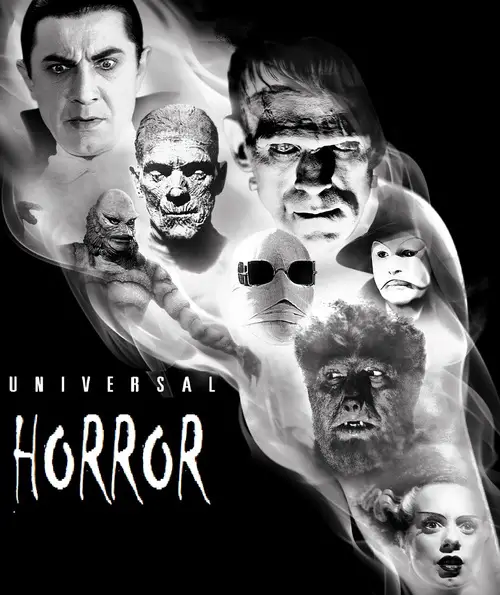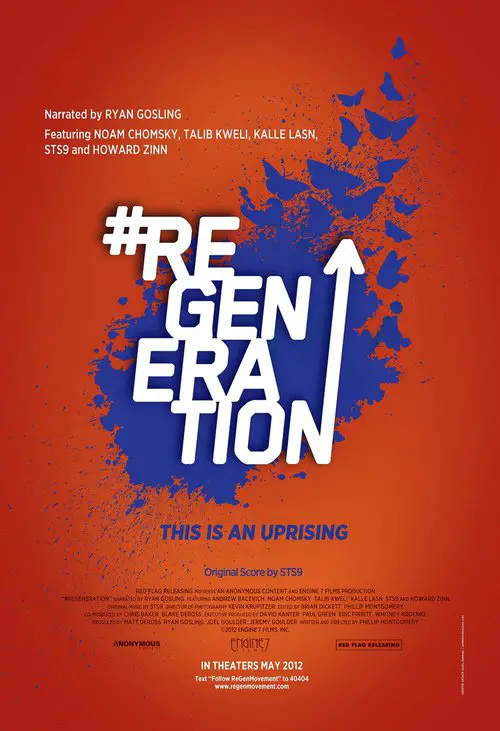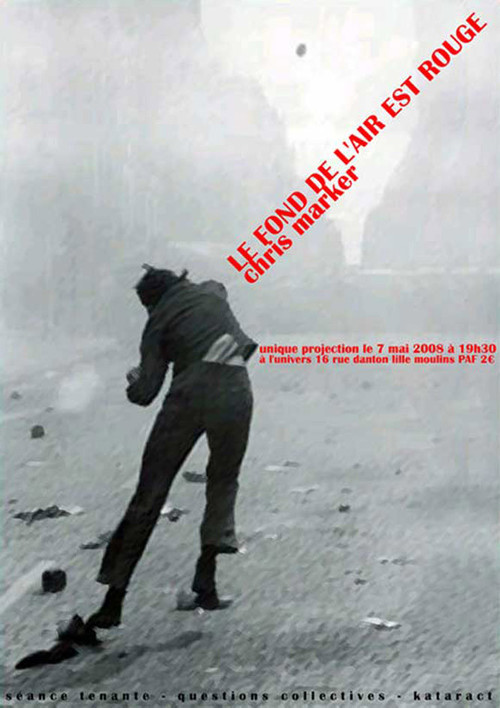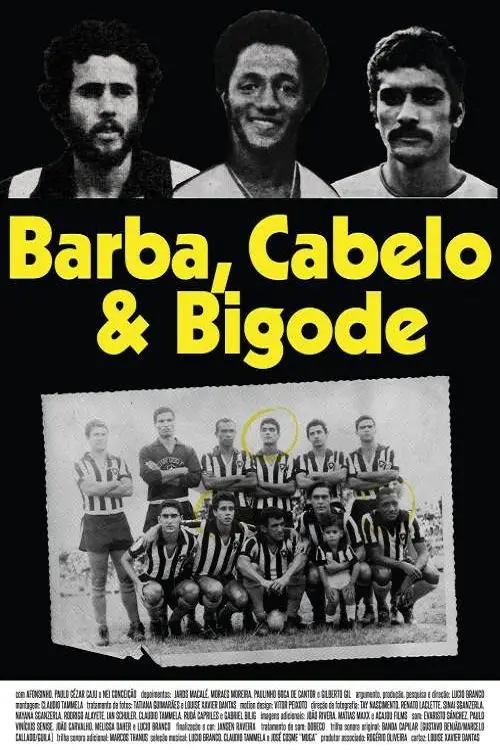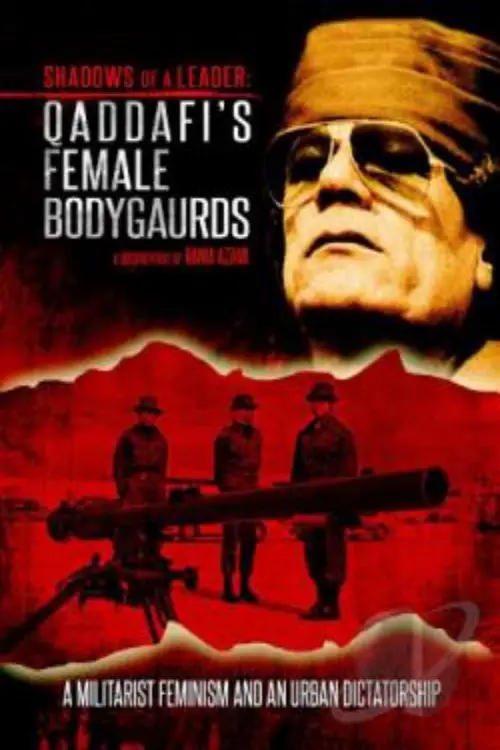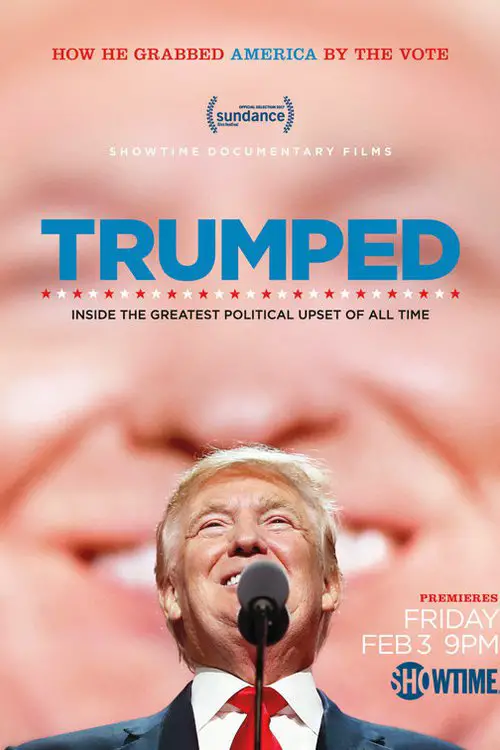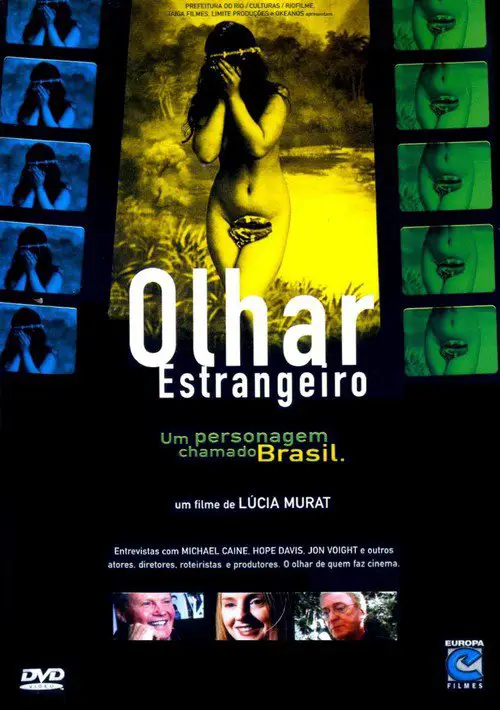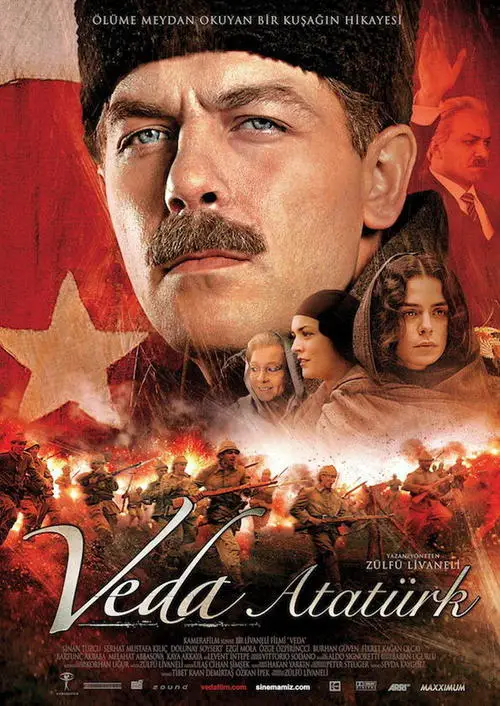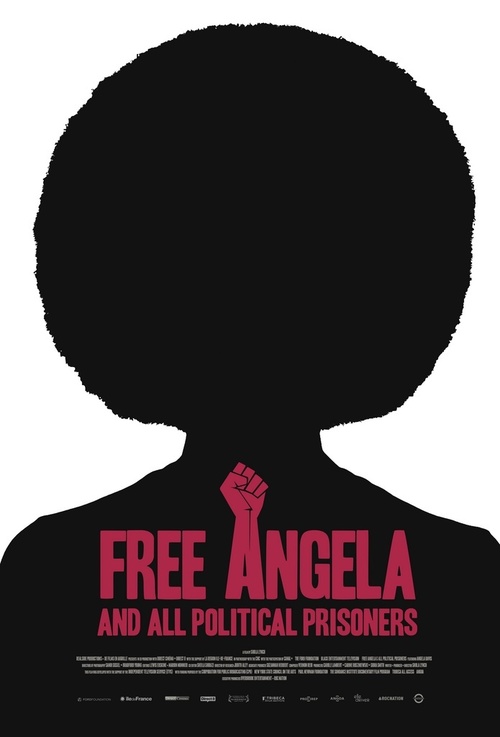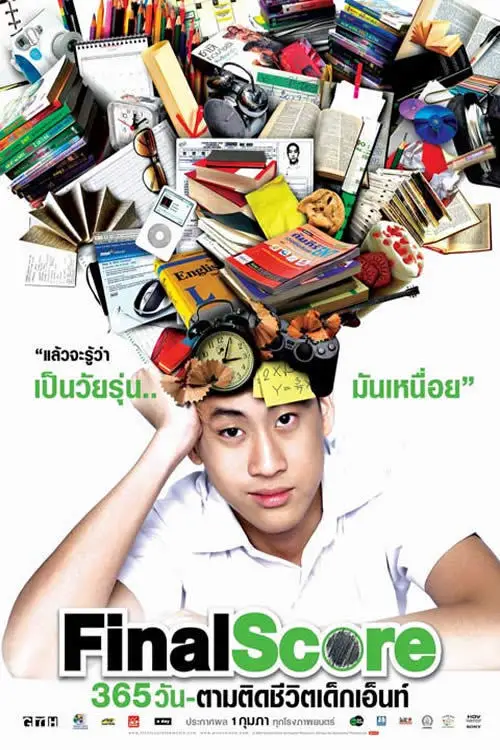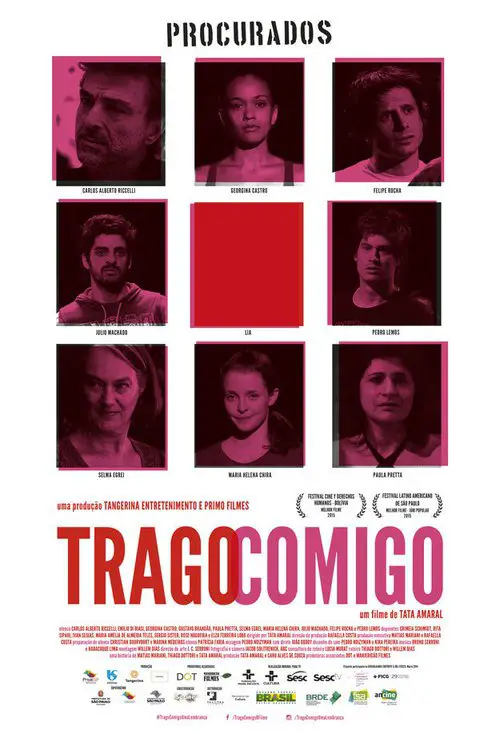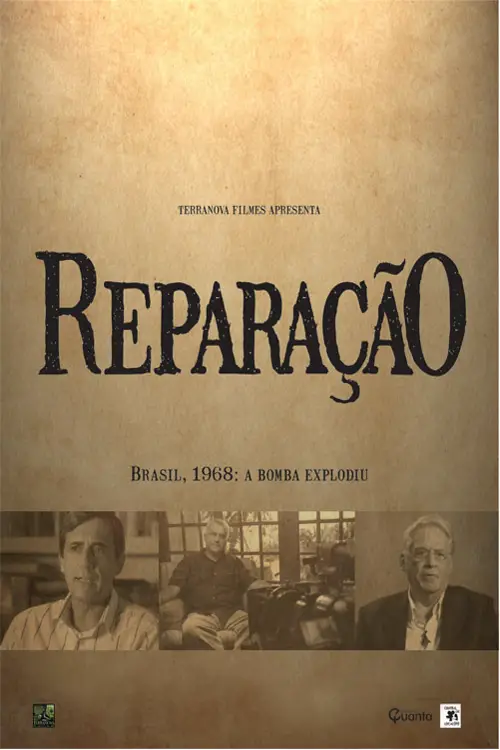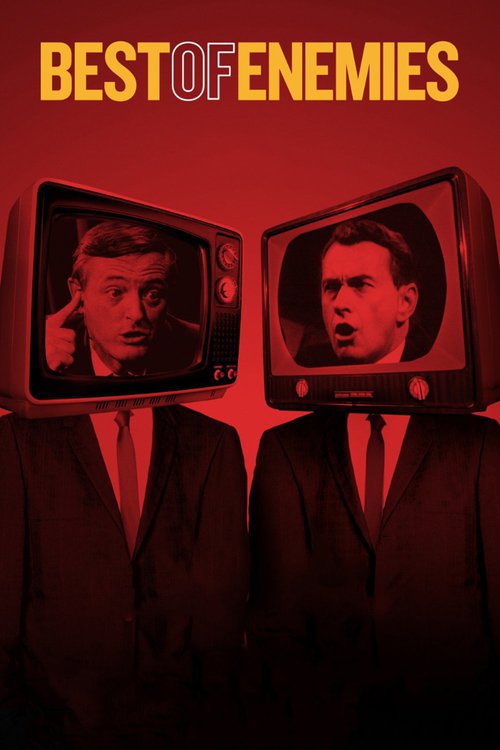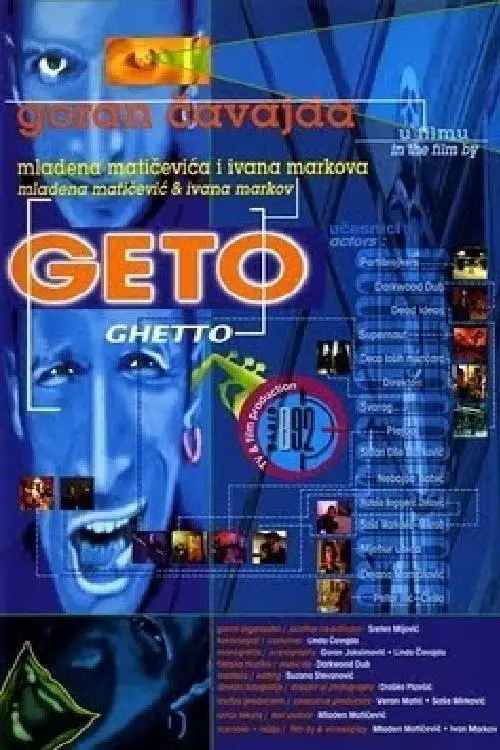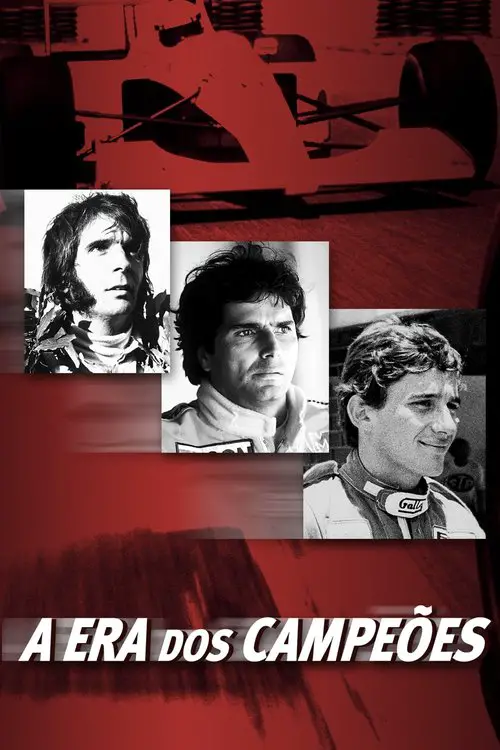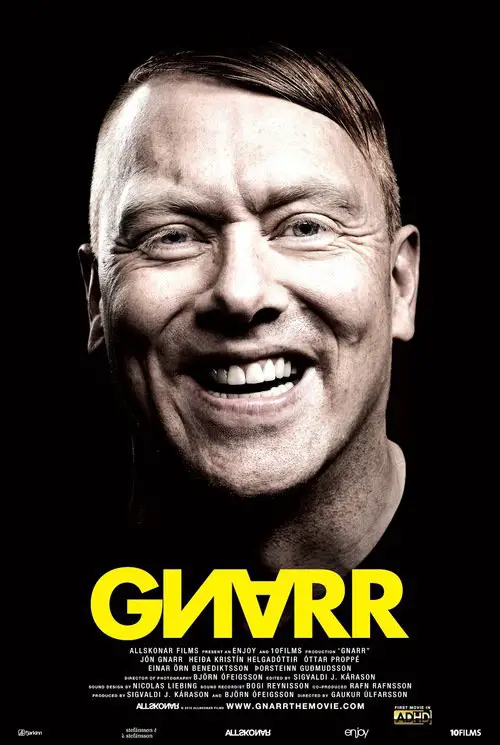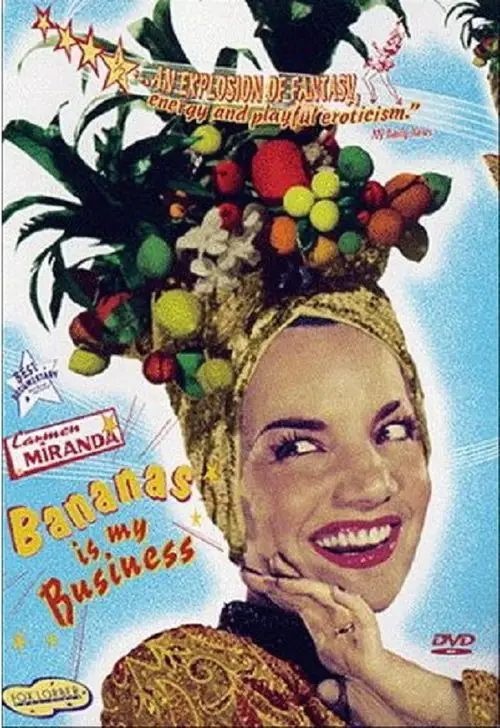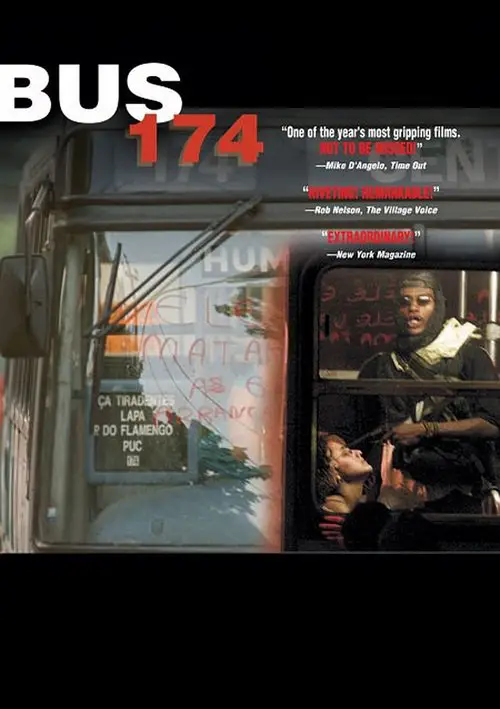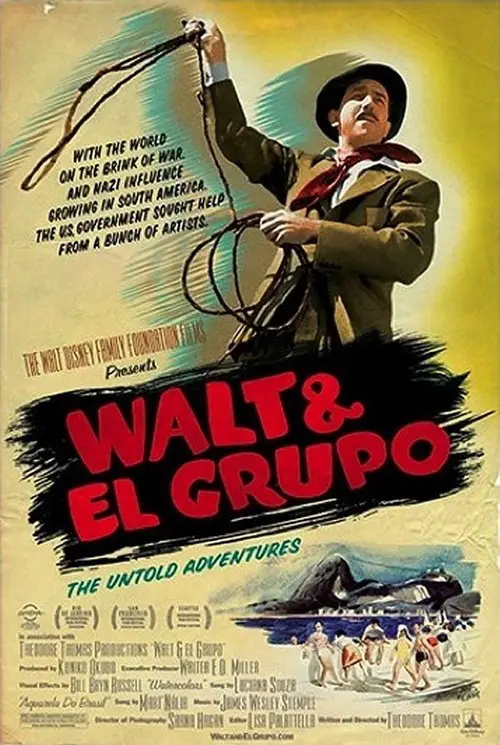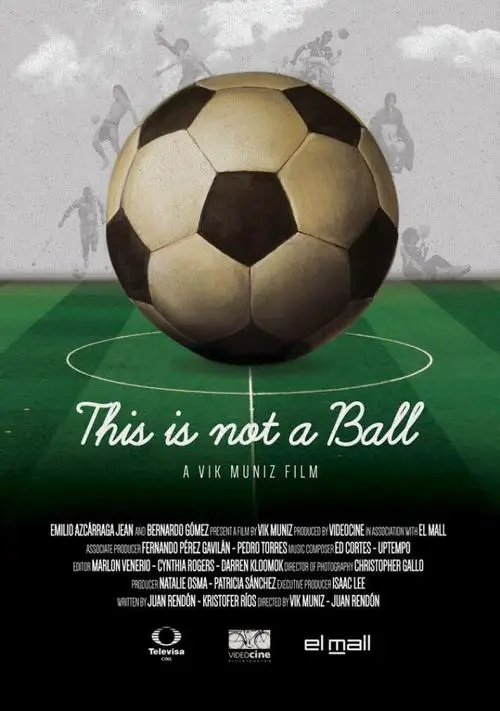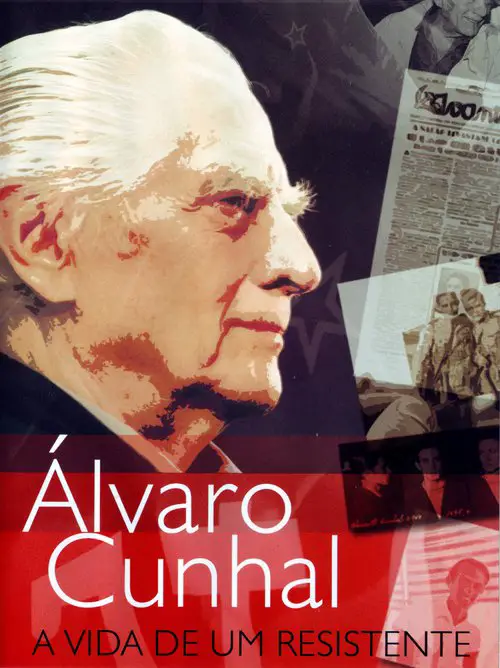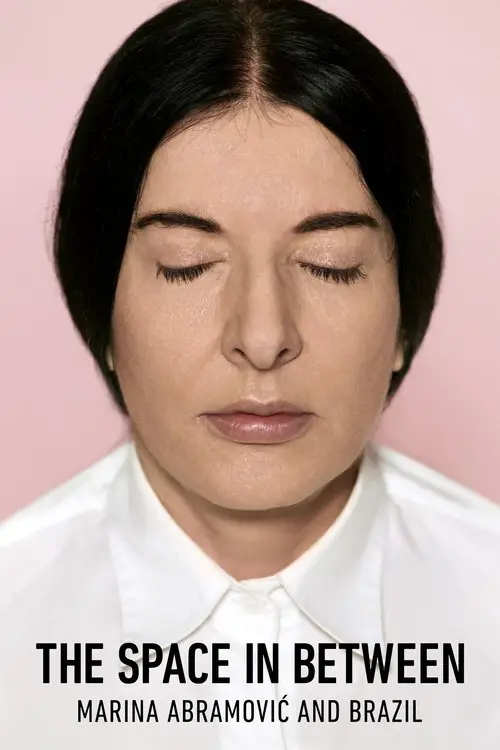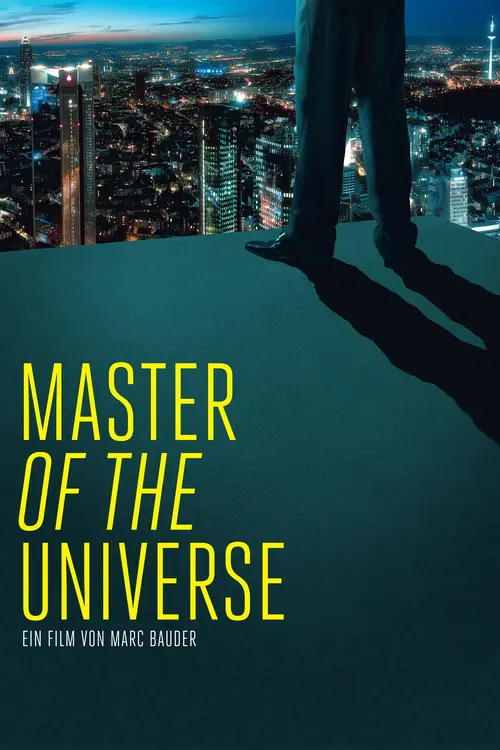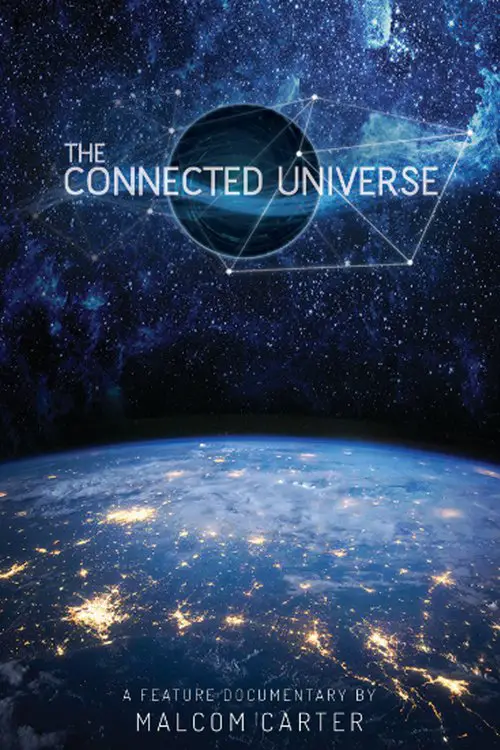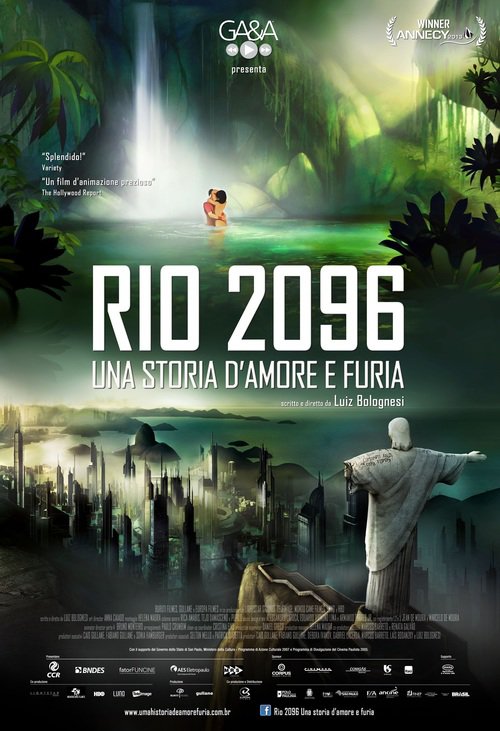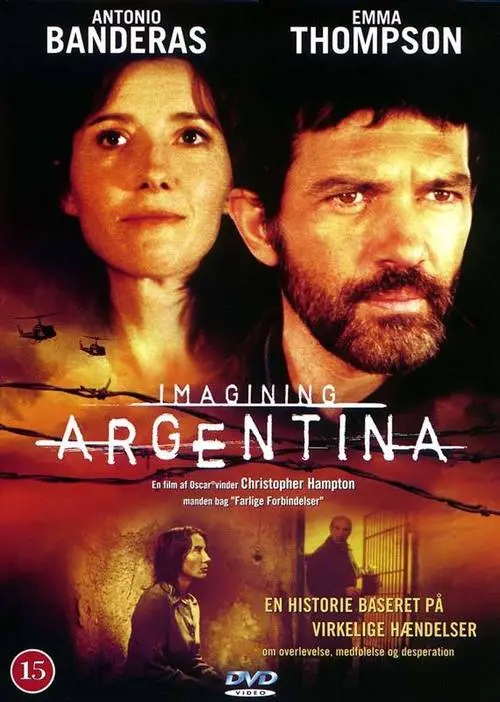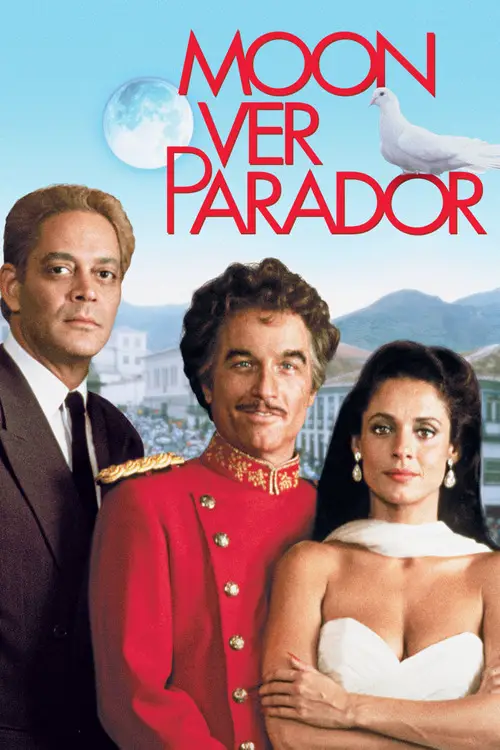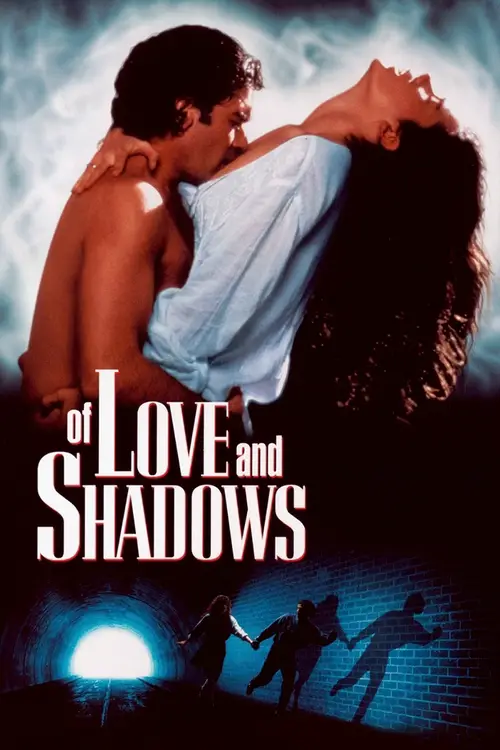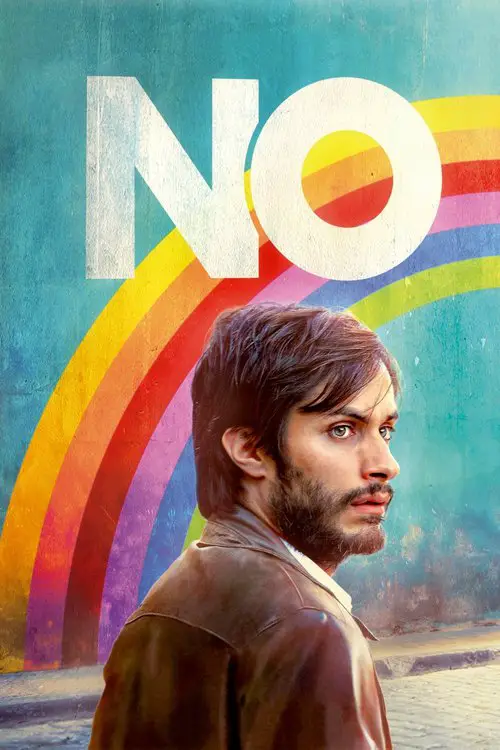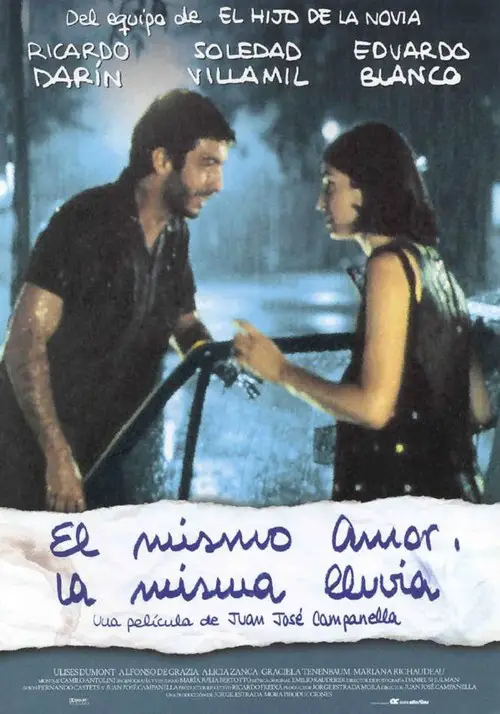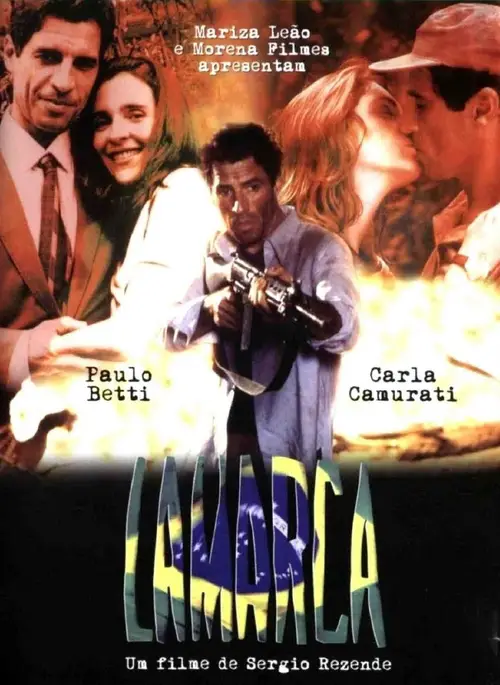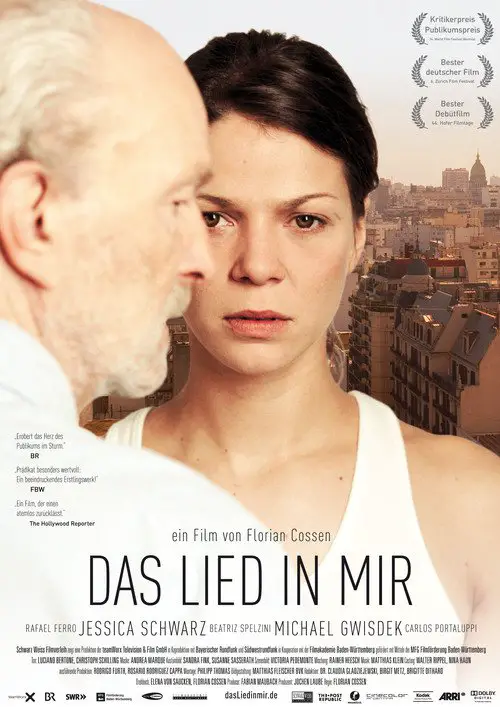1968 - Without Losing Tenderness (2001)
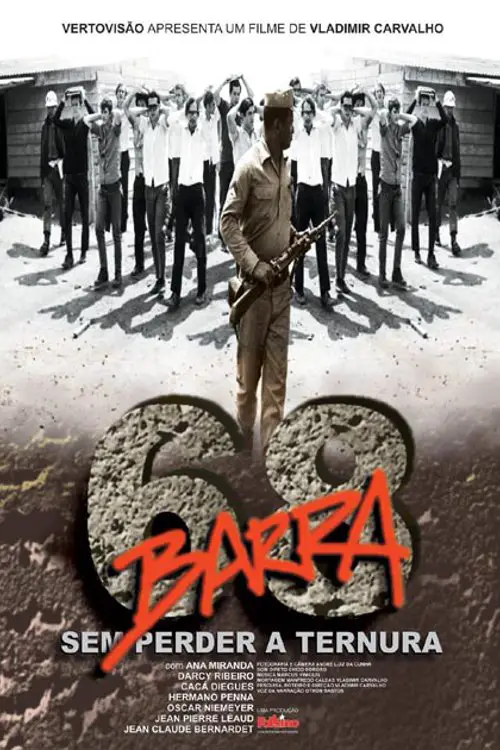
Similar movies
Biggest name left militancy in Brazil '60s, Carlos Marighella served in the main political events in Brazil between 1930 and 1969 and was considered the # 1 enemy of the Brazilian military dictatorship. Communist leader victim of prison and torture, parliamentarian, author of the world translated "Manual of the Urban Guerrilla," his life was a great act of strength and courage. Directed by his niece Isa Grinspum Ferraz, the feature Marighella is a historic building and affective this man who dedicated his life to thinking about Brazil and transform it through its action.
The discoveries and frustrations on accessing a memory of a father and of a time in the Brazilian history that are rarely public. The young filmmaker plunges into this unknown past of her almost unknown father. He, a Brazilian intellectual, imprisoned and tortured during the military dictatorship, is silent about this since that time. A father and a fatherland that does not like to answer any questions, that loves but rarely talks.
During the last forty years, the photographer Sebastião Salgado has been travelling through the continents, in the footsteps of an ever changing humanity. He has witnessed the major events of our recent history ; international conflicts, starvations and exodus⦠He is now embarking on the discovery of pristine territories, of the wild fauna and flora, of grandiose landscapes : a huge photographic project which is a tribute to the planet's beauty. Sebastião's Salgado's life and work are revealed to us by his son, Juliano, who went with him during his last journeys, and by Wim Wenders, a photographer himself.
A history of Argentina's last military dictatorship (1976-1983). After "La Republica Perdida" was made, which covered 1930 to 1976, there was an important part of Argentina's history yet to be told, which was too recent to be covered by the first documentary. The first movie was made at the end of the last dictatorship. This second documentary covers this last dictatorship from 1976 to 1983.
Elena, a young Brazilian woman, travels to New York with the same dream as her mother, to become a movie actress. She leaves behind her childhood spent in hiding during the years of the military dictatorship. She also leaves Petra, her seven year old sister. Two decades later, Petra also becomes an actress and goes to New York in search of Elena. She only has a few clues about her: home movies, newspaper clippings, a diary and letters. At any moment Petra hopes to find Elena walking in the streets in a silk blouse. Gradually, the features of the two sisters are confused; we no longer know one from the other. When Petra finally finds Elena in an unexpected place, she has to learn to let her go.
During a two-day period before and after the University of Alabama integration crisis, the film uses five camera crews to follow President John F. Kennedy, attorney general Robert F. Kennedy, Alabama governor George Wallace, deputy attorney general Nicholas Katzenbach and the students Vivian Malone and James Hood. As Wallace has promised to personally block the two black students from enrolling in the university, the JFK administration discusses the best way to react to it, without rousing the crowd or making Wallace a martyr for the segregationist cause.
"A Long Journey" tells the story of three siblings who reach adolescence in the late 1960's. The documentary's storyline follows the youngest brother's travels around the world. Worried that he would enter the struggle for freedom against the Brazilian dictatorship, his family sent Heitor to London. There however, he dives head on into the "Swinging London" and, just like the European and American youth of the time period, he experiments with drugs and the mystic allure of India. In the nine years he has traveled around the world, from 1969 to 1978, he has regularly written to his family. The documentary features interviews with Heitor today, his letters and off-screen comments of Heitor's sister, Lúcia Murat, the director of the movie.
Into the Universe with Stephen Hawking is a science documentary mini-series written by British physicist Stephen Hawking. The series was created for Discovery Channel and features computer generated imagery of the universe. In the United Kingdom the series has a modified title, Stephen Hawking's Universe.
Over the course of a year, film follows Vancouver Pride Society president Ken Coolen to various international Pride events, including Poland, Hungary, Russia, Sri Lanka and others where there is great opposition to pride parades. In North America, Pride is complicated by commercialization and a sense that the festivals are turning away from their political roots toward tourism, party promotion and entertainment. Christie documents the ways larger, more mainstream Pride events have supported the global Pride movement and how human rights components are being added to more established events. In the New York sequence, leaders organize an alternative Pride parade, the Drag March, set up to protest the corporatization of New York Pride. A parade in São Paulo, the world's largest Pride festival, itself includes a completely empty float, meant to symbolize all those lost to HIV and to anti-gay violence.
Afonsinho, Paulo Cézar Caju and Nei Conceição started their careers in the mid-1960s, a time of strong political repression in Brazil. Originally teammates of a celebrated generation of the Botafogo football team superstars, they did not give up their freedom when the military dictatorship decided to take control of the field.
In a behind-the-scenes look at the biggest political upset in recent history, Mark Halperin, John Heilemann and Mark McKinnon offer unprecedented access and never-before-seen footage of candidate Trump, from the primaries through the debates to the dawning realization that the controversial businessman will become the 45th President of the United States.
A friendship started in childhood in Thessaloniki firstly turned into being comrade in arms and then a half-century brotherhood and fraternity following the same ideals until the death upon proclamation of the Republic; Ataturk & Salih Bozok Veda Ataturk (The Farewell Ataturk) is the story of a brotherhood, portrayal of milestones in Ataturk's life and the story of a commander commanding a generation that challenged the death to save the homeland.
Free Angela is a feature-length documentary about Angela Davis and the high stakes crime, political movement, and trial that catapults the 26 year-old newly appointed philosophy professor at the University of California at Los Angeles into a seventies revolutionary political icon. Nearly forty years later, and for the first time, Angela Davis speaks frankly about the actions that branded her as a terrorist and simultaneously spurred a worldwide political movement for her freedom.
Final Score follows Thai students at the age of 17 handling the entrance examination, the biggest exams to access to universities. See how the students get through many obstacles - intensive and extra courses, country's unstable circumstance, the changes in society, and the brand new admission system to screen qualified students. No one knows how the result would be. Success or failure? They're the person who destine their own result.
A documentary about the legendary series of nationally televised debates in 1968 between two great public intellectuals, the liberal Gore Vidal and the conservative William F. Buckley Jr. Intended as commentary on the issues of their day, these vitriolic and explosive encounters came to define the modern era of public discourse in the media, marking the big bang moment of our contemporary media landscape when spectacle trumped content and argument replaced substance. Best of Enemies delves into the entangled biographies of these two great thinkers and luxuriates in the language and the theater of their debates, begging the question, 'What has television done to the way we discuss politics in our democracy today?'
Belgrade in the 1990s seen through the eyes of Goran Äavajda 'Äavke', the late drummer of Serbian rock band "Electric Orgasm". Under dictatorship of Slobodan MiloÅ¡eviÄ, his city became one of the worst places to live in Europe, while the country suffered highest inflation rate in its history, accompanied by mass poverty and political isolation. Documentary follows Äavke walking through the Belgrade streets where total chaos and decline of moral values rule. He finds his only shelter underground, where his friends - musicians and artists - live and work invisibly.
An intimate look at the history of Brazilian drivers from the '70s to the '90s, an era in which Brazil dominated Formula 1 racing, from the colorful point of view of its protagonists, especially Fittipaldi, Piquet and Senna, but without forgetting the drivers who failed to reach the profession's pinnacle, and the many behind-the-scenes helpers.
A few years ago when the developed world was booming the bankers and stockbrokers thought the gravy train would never end. Now we all know what came next. The same thing that always comes next - Banking collapse, false wars, and recession. No country epitomized this rise and fall better than Iceland. Amongst the chaos politics staggered on and an election of new leaders began. For the jaded people whose lives had been changed so drastically, something needed to be done. Against this backdrop the Idea of The Best Party was born. It started out as a joke inside the head of Iceland's most cynical and most controversial comedian Jon Gnarr. The Idea was to poke fun at the establishment that had failed so spectacularly. Parody the arrogance of the 'left' 'right' parties and their false morality, by showing how ridiculous they all were. By Election Day something incredible was about to happen.
Documentary depicts what happened in Rio de Janeiro on June 12th 2000, when bus 174 was taken by an armed young man, threatening to shoot all the passengers. Transmitted live on all Brazilian TV networks, this shocking and tragic-ending event became one of violence's most shocking portraits, and one of the scariest examples of police incompetence and abuse in recent years.
The year was 1941, and the world was on the brink of war. In an effort to improve relations between the Americas, the Roosevelt administration called upon one of Hollywoodâs most influential filmmakers to embark on a special goodwill tour. Written and directed by Theodore Thomas (âFrank and Ollieâ) and produced by Kuniko Okubo, the documentary WALT & EL GRUPO chronicles the amazing ten-week trip that Walt Disney and his hand-picked group of artists and filmmaking talent (later known as âEl Grupoâ) took to South America at the behest of the U.S. Government as part of the Good Neighbor Policy.
Biographical documentary about Ãlvaro Barreirinhas Cunhal (1913-2005), lider of the Portuguese Communist Party for over half a century, living in clandestinity during the "New State" dictatorship. Divided in two parts: "What To Do?" and "The State And The Revolution", produced in 2005 and released on DVD in 2006 to commemorate the first year of Ãlvaro Cunhal's death.
Marina Abramovic travels through Brazil, in search of personal healing and artistic inspiration, experiencing sacred rituals and revealing her creative process. The route is comprised of poignant encounters with healers and sages from the Brazilian countryside, exploring the limits between art and spirituality. This external trip triggers in Marina a profound introspective journey through memories, pain and past experiences. A mixture between road movie and spiritual thriller, the documentary brings an unprecedented approach of the intimate creative process of one of the most important artists of our time.
He was one of Germany's leading investment experts with an income of several million Euros per day. Now, he sits on one of the upper floors of an empty bank building in the middle of Frankfurt, overlooking a skyline of glass and steel. And talks. In an extended mix of a monologue and an in-depth interview, which is as frightening as it is fascinating, he shares his inside knowledge from a megalomaniac parallel world where illusions are the market's hardest currency. Marc Bauder's 'Master of the Universe' is based on meticulous research and provides us with geniune insight into the notoriously secretive and self-protective 'universe' of which our nameless protagonist experiences himself a master. Where other films on the financial meltdown have focused on the epic nature of larger-than-life business, Bauder probes the mentality that made it possible in the first place. A tense drama where psychology meets finance - two things that are more closely linked than you would like to believe.
The use of embryonic stem cells has ignited fierce debate across the spiritual and political spectrum. But what if we could create manmade stem cells - or find super cells in adults that could forever replace embryonic cells and remove the controversy? Today, we are on the brink of a new era - an age where we may be able to cure our bodies of any illness. Stephen HAWKING has spent his life exploring the mysteries of the cosmos, now there is another universe that fascinates him - the one hidden inside our bodies - our own personal galaxies of cells.
Fernando, a journalist, and his friend César join terrorist group MR8 in order to fight Brazilian dictatorial regime during the late sixties. Cesare, however, is wounded and captured during a bank hold up. Fernando then decides to kidnap the American ambassador in Brazil and ask for the release of fifteen political prisoners in exchange for his life.
The film narrates the love between Janaina and a native warrior who, when dying, takes the form of a bird. For six centuries, the story of the couple survives through four stages in the history of Brazil: 1500, when the country was discovered by the Portuguese explorers, 1800, in events during slavery; 1970, during the high point of the military dictatorship, and 2096, when there will be a war over water.
Accomplished British screenwriter Christopher Hampton directs the political drama Imagining Argentina, based on the novel by Lawrence Thornton. Set during the unsettling disappearances in Buenos Aires during the dictatorship of the 1970s, the film involves theater director Carlos Rueda (Antonio Banderas) and his wife Cecilia (Emma Thompson). Shortly after Cecilia writes an editorial commentary questioning the mysterious abductions, she is herself abducted and taken into police custody. Soon Carlos develops the supernatural ability to see into the future and he imagines his wife meeting an awful fate during an escape attempt. To make matters worse, their teenage daughter Teresa (Leticia Dolera) is also kidnapped. Imagining Argentina was nominated for the Golden Lion at the 2003 Venice Film Festival. SCREENED/AWARDED AT: Venice Film Festival (ref. Amazon)
Based on the real-life experiences of Ed Horman. A conservative American businessman travels to a South American country to investigate the sudden disappearance of his son after a right-wing military takeover. Accompanied by his son's wife he uncovers a trail of cover-ups that implicate the US State department which supports the right-wing dictatorship.
Little known actor, Jack Noah, is working on location in the dictatorship of Parador at the time the dictator dies. The dictator's right hand man, Roberto, makes Jack an offer he cannot refuse.. to play the dictator. Jack's acting skills fool the masses but not close friends and employees of the dictator.
In 1988, Chilean military dictator Augusto Pinochet, due to international pressure, is forced to call a plebiscite on his presidency. The country will vote âYesâ or âNoâ to Pinochet extending his rule for another eight years. Opposition leaders for the âNoâ vote persuade a brash young advertising executive, Rene Saavedra, to spearhead their campaign. Against all odds, with scant resources and while under scrutiny by the despotâs minions, Saavedra and his team devise an audacious plan to win the election and set Chile free.
Jorge is a writer for a left-leaning Buenos Aires magazine that's at odds with the country's military dictatorship. He meets lovely and intelligent actress Laura and begins an on-and-off romance that will continue for the next two decades. Fearful of commitment, Jorge initially moves on from her and his fortunes suffer, but the situation changes when he and Laura renew their acquaintance. Meanwhile, the country undergoes a political transformation.
During a stopover in Buenos Aires on her way to Chile, 31-year-old Maria recognizes a nursery rhyme. Maria doesn't speak a work of Spanish, but without understanding what she is singing, she remembers the Spanish lyrics. Disturbed and thrown off course, she decides to interrupt her journey and wander through the unfamiliar city. On the phone to Germany, she tells her father, Anton, about her experience and the peculiar fascination the unfamiliar city has had for her. Two days later, Anton suddenly turns up at Maria's hotel with something to confess: Maria spent the first three years of her life in Buenos Aires during the military dictatorship at the end of the 1970s. The people she had always thought were her parents had adopted her and brought her to Germany. Father and daughter begin a journey in search of Maria's biological parents. Anton does everything he can not to lose his daughter.
© Valossa 2015–2025
| Privacy Policy
